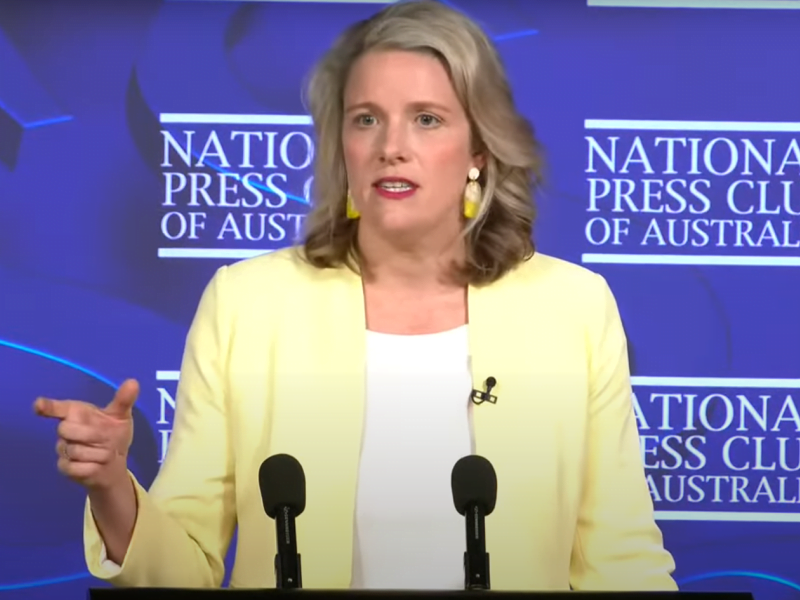The decades old ICT systems underpinning Australia’s migration system need “urgent modernisation” after years of “systemic underinvestment” and failed “big bang” upgrades, according to an independent review of the migration system.
The failure of previous large scale reform attempts — most recently the abandoned ‘permissions capability’ platform — have dampened morale of ministers, delivery officers, and service providers, while perpetuating a message that “Government ICT is not worth investing in”, according to the review released Thursday.
It recommended “an integrated program of ongoing investment over several years” and outlined four reform directions. These include establishing a holistic strategy and creating a modular tech ecosystem, while also sustaining and improving existing systems.

Home Affairs minister Clare O’Neil announced the review at the Jobs and Skills Summit in September 2022, repeatedly warning Australia’s migration system is “broken”.
The review, conducted by Dr Martin Parkinson, Dr Joanna Howe, and Mr John Azarias, released Thursday confirmed Australia’s migration program is “not fit for purpose”, with ageing technology a significant factor.
The current main visa processing system is nearly 25 years old, while foundational systems are reaching 40 years.
The review recommends avoiding risky “big bang” technology upgrades in the future, and that the upgrades “not be attempted at the expense of investment in existing systems”.
Previous modernisation efforts have “added layers of additional systems and layers of complexity, rather than modules that fit seamlessly with each other”, creating additional costs for visa decision-makers and support teams.
The most recent technology upgrade attempts under the previous Coalition government cost around $100 million and have been heavily criticised for a reliance on outsourcing. This includes the Permissions Capability, which was being delivered by Accenture before the Albanese government abandoned it last year.
The government “axed the Permissions Capability because the project was a disaster”, Ms O’Neil told InnovationAus.com following the launch of the review at the National Press Club on Thursday.
She said current IT systems are creating “poor outcomes for the country” and the new government would avoid a repeat by refining migration policy first and designing a IT system that suits them.
“I have sat with visa processors in the Home Affairs Department and honestly hats off to these people they are working between four or five different computer programs cutting and pasting things, re-typing things you would not believe the state of this,” Ms O’Neil said.
She said a new IT project would be identified following changes to the government’s migration policies, but would not commit to “whether it’s big or small” or how long it would take.
“Something that the report talks about was the fact that attempts have been made to deal with these IT problems before we’ve actually defined what the migration system should look like, and that’s not very smart,” Ms O’Neil said.
“The reason that we have had basically endless attempts to digitise this system that haven’t quite worked is because no-one’s done the hard thinking yet about what we want our migration system to achieve and what such a system would look like.
According to the independent review, the ICT projects had failed in part because of “the level and speed of change, combined with significant deprioritisation of any improvements to current systems”.
“The Department has also struggled due to a siloed approach to ICT upgrades, and an underinvestment in other enabling capabilities (such as business rules, people and culture), which are required to realise the benefits of ICT, digital and data transformation,” the review said.
“Significantly, and in each of the reform programs mentioned, to fund large-scale ICT and technological reforms, efficiencies and budgetary offsets were required.
“When the ‘big bang’ transformation projects under-delivered, the Department was left not only with unmet expectations, but with a raft of other issues that have not been resolved due to resources being diverted or constrained.”
Do you know more? Contact James Riley via Email.

